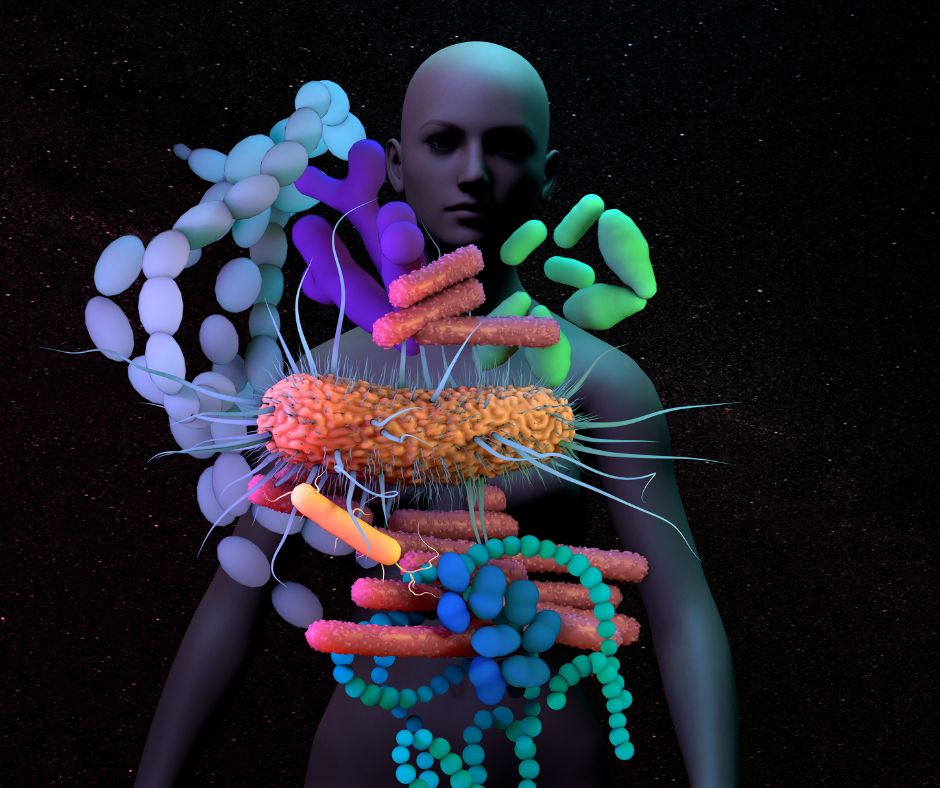Alzheimer's Disease: The Gut-Brain and Microbiome Connection

Modified on Aug 12, 2023 |
Written by Art Solbrig
Alzheimer's Disease (AD) is the most prevalent form of dementia and tops the list of neurodegenerative diseases, followed closely by Parkinson's. As an age-related disease, the risk of developing AD increases with age. Unfortunately, the current prescription medications for AD offer only minimal effectiveness. Even for those few who do benefit, the positive effects are often fleeting.
The latest potential AD medication, Donanemab, has shown promise in slowing disease progression more effectively than a placebo. However, its phase 3 trial revealed concerning side effects, including brain swelling and death—three of the four patient deaths were concluded to be drug-related. While it might offer a slower progression of the disease, its risks highlight the pressing need for alternative methods to combat AD's advance.
Alzheimer's Disease and Gut Microbiome
I have been reading many studies related to AD and saw studies suggesting that the status of the Gut Microbiome (GMB), or the microbes that live in your intestines, can affect the disease in good or bad ways. There is research available suggesting that the state of your GMB is intimately involved in the progression of Alzheimer's Disease (AD). It is thought that gut dysbiosis, which means that there is an imbalance of microorganisms in the intestines that favors pathogenic bacteria, is seen in people with AD.
Read More